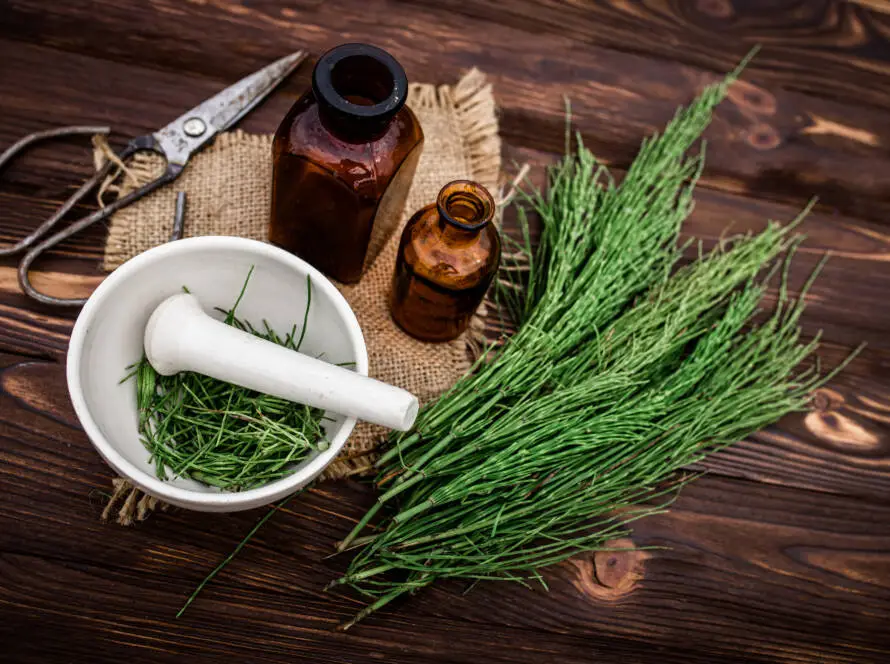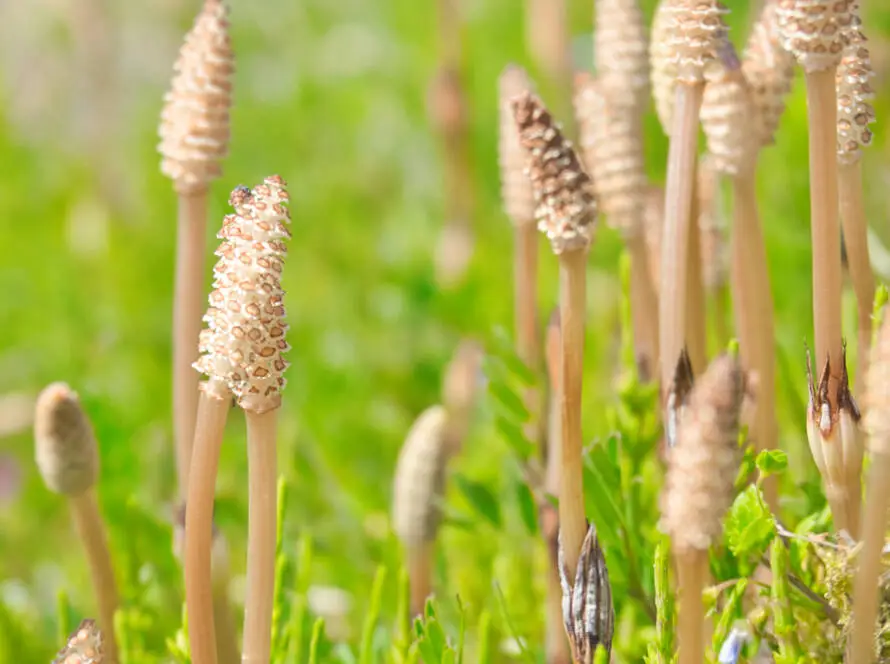Guggul in Ayurvedic Medicine
Guggul, derived from the resin of the Commiphora mukul plant, holds a prominent position in Ayurvedic medicine. Known for its medicinal properties, guggul has been utilized for centuries across India and surrounding regions, serving as a cornerstone of traditional healing practices.
Historical Context
Historically, guggul has been revered in Ayurvedic texts for its ability to support various bodily functions. The use of guggul dates back to ancient times when it was considered essential in balancing the doshas (energetic forces) — vata, pitta, and kapha. Its restorative properties make it a vital element in formulations aimed at promoting health and longevity.
Common Uses in Ayurveda
Guggul is celebrated for its diverse applications in Ayurvedic medicine:
-
Weight Management: Often used as a weight-loss supplement, guggul is believed to enhance metabolic processes, stimulate fat burning, and aid in detoxification.
-
Joint Health: Due to its anti-inflammatory properties, guggul is commonly prescribed for treating arthritis and joint pain, helping to reduce inflammation and improve mobility.
-
Cholesterol and Lipid Control: Guggul is well known for its ability to lower cholesterol and triglyceride levels, helping those with cardiovascular concerns. It supports healthy lipid metabolism, making it a staple in the treatment of hyperlipidemia.
Active Compounds
The primary active components of guggul are guggulsterone and other phytosterols. These compounds are responsible for many of guggul’s health benefits, including:
-
Cholesterol Regulation: Guggulsterone plays a significant role in lowering cholesterol levels and improving overall lipid profiles.
-
Anti-Inflammatory Effects: The resin contains compounds that have been shown to reduce inflammation, which is particularly beneficial for conditions like arthritis.
Dosage and Administration
In Ayurvedic practice, the standard dosage of guggul extracts, particularly guggulsterone, is typically:
- 25 mg taken three times a day.
For optimal results, guggul is often recommended for usage over 12 to 24 weeks, especially in addressing hyperlipidemia or metabolic disorders.
Scientific Validation
Contemporary research has begun to support many traditional claims regarding guggul. Studies indicate that:
-
Improvement in Cardiac Health: A study involving patients with ischemic heart disease showed notable ECG improvements and symptom relief, validating guggul’s use for heart health.
-
Lipid-Lowering Effects: Research demonstrates that guggul effectively lowers total serum cholesterol, making it a relevant topic in discussions around heart health and wellness.
Safety and Precautions
While guggul is generally considered safe, certain precautions must be observed:
-
Drug Interactions: It is essential to avoid concurrent use with medications such as propranolol or diltiazem, as it may cause adverse interactions.
-
Thyroid Considerations: Caution is advised for individuals on thyroid medications due to guggul’s potential influence on thyroid hormone levels.
-
Pregnancy and Lactation: Pregnant or breastfeeding women should consult healthcare professionals before using guggul.
Conclusion
Guggul, with its rich history and diverse applications in Ayurvedic medicine, remains relevant in today’s health landscape. Its efficacy in addressing a range of health issues, particularly related to metabolism and cardiovascular health, underscores its importance in holistic healing practices. As ongoing research continues to elucidate its benefits, guggul’s place in both traditional and modern medicinal frameworks is likely to expand, offering natural avenues for health enhancement. Consultation with healthcare providers familiar with Ayurvedic practices is recommended to make informed decisions about integrating guggul into a wellness regimen.
Resources
- Drugs.com
- Wikipedia.com
This summary highlights the key aspects of Guggul, including its traditional uses, potential benefits, and safety considerations.
Disclaimer
The information I’ve shared about herbs is for educational purposes only and is not meant as medical advice. While many herbs have been traditionally used for their potential health benefits, individual responses may vary, and the effectiveness of herbs can depend on various factors, including personal health conditions and interactions with medications. It is essential to consult with a qualified healthcare professional or a licensed herbalist before using herbs for medicinal purposes or making significant changes to your health regimen. This information should not be considered a substitute for professional medical advice, diagnosis, or treatment.


